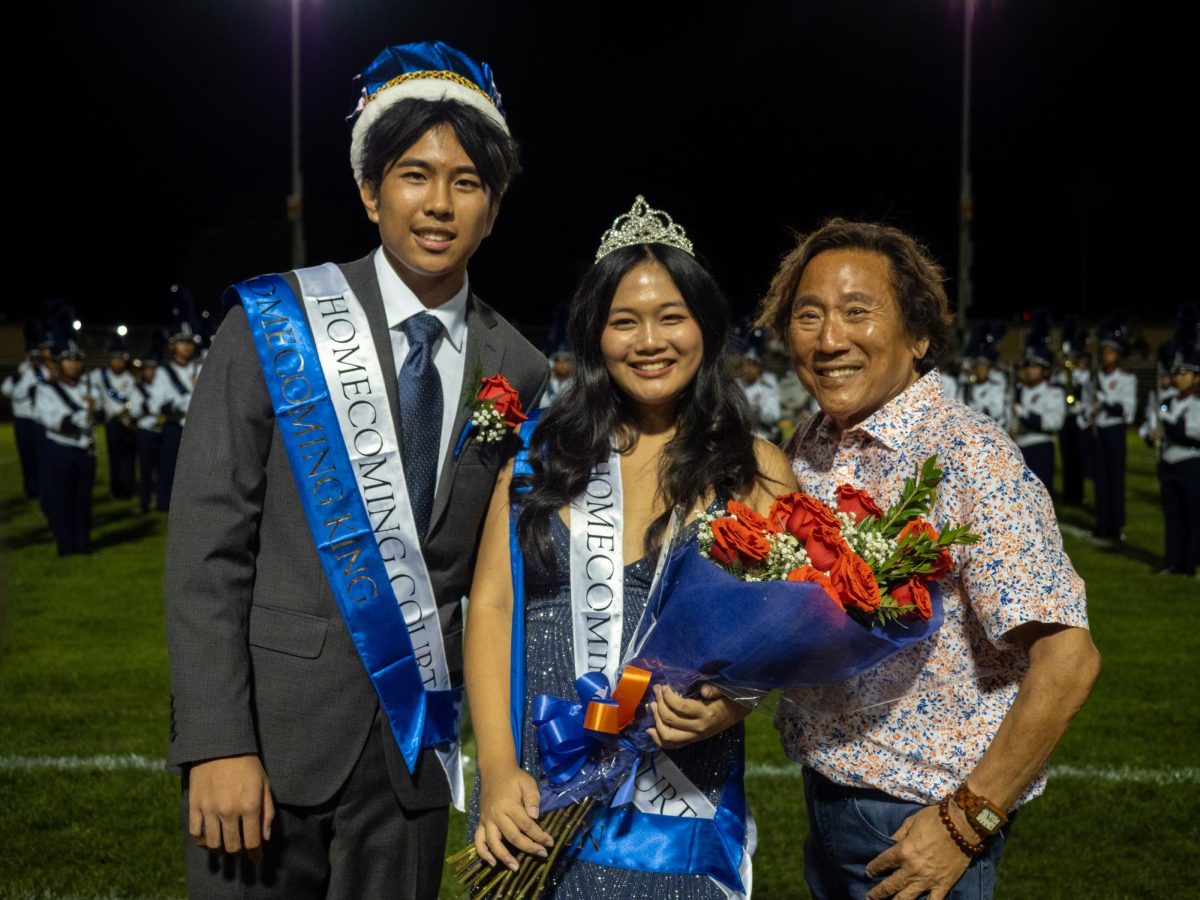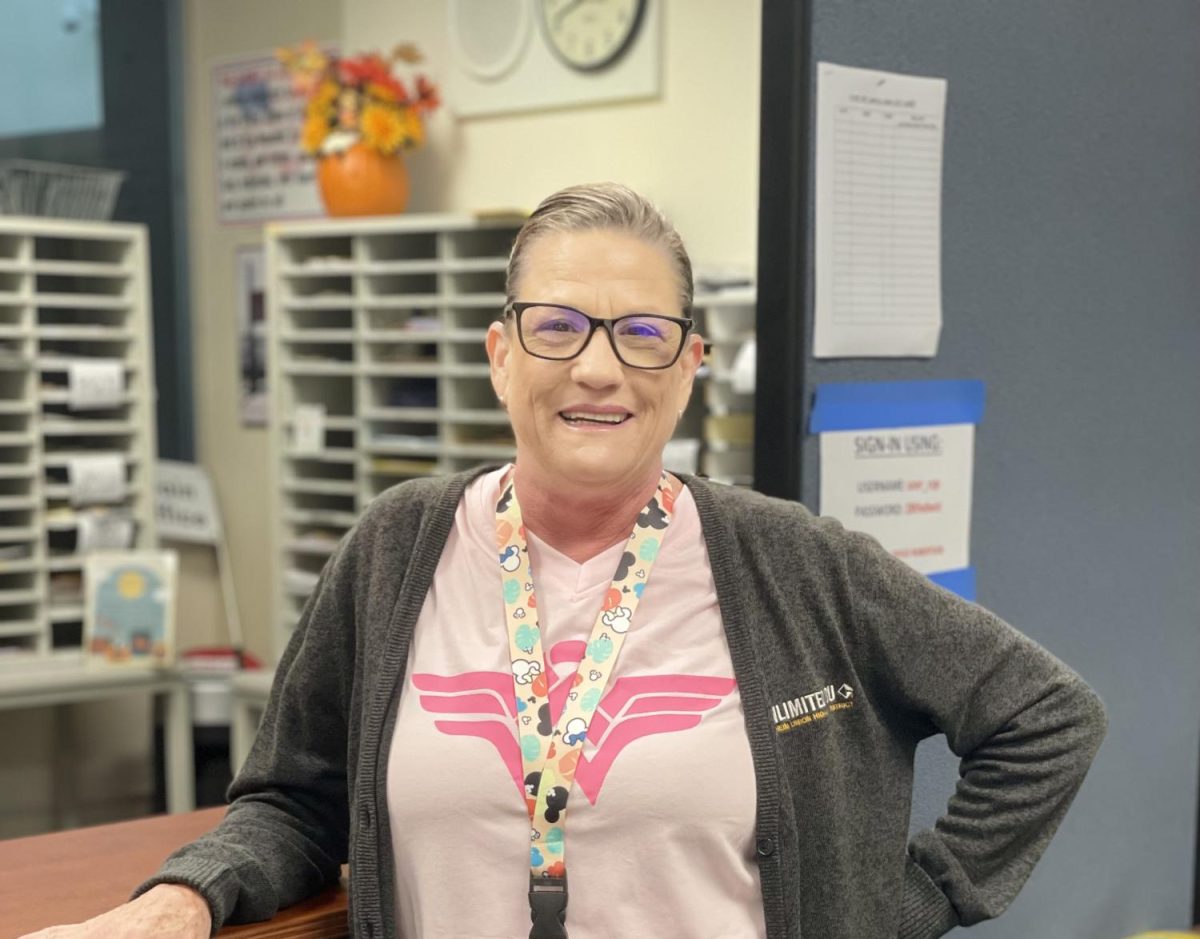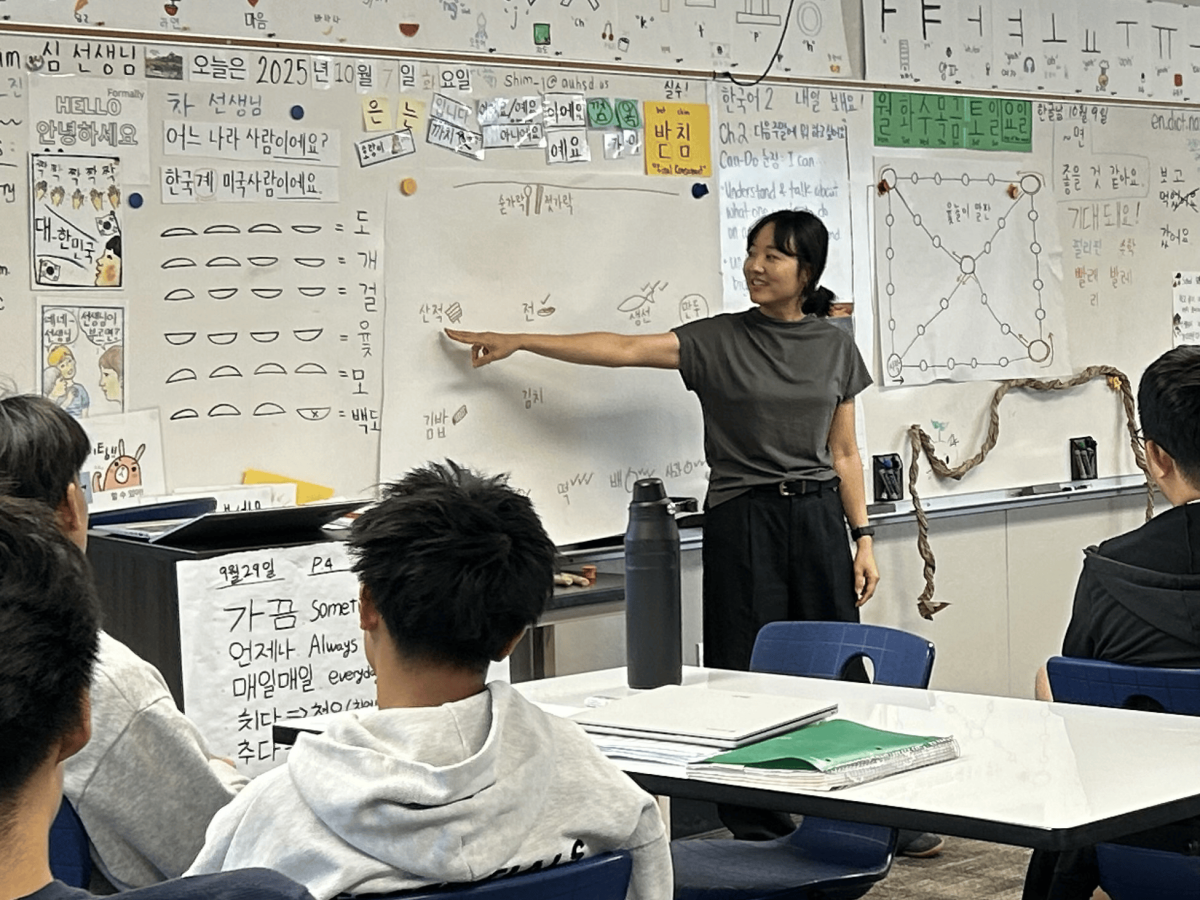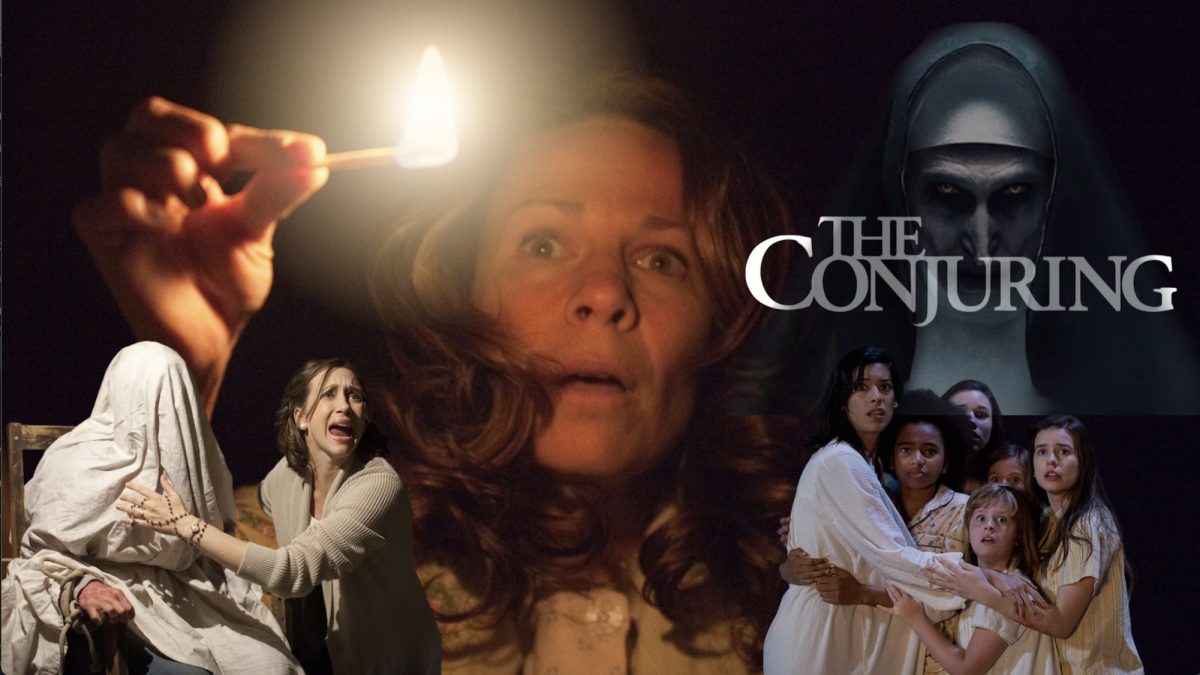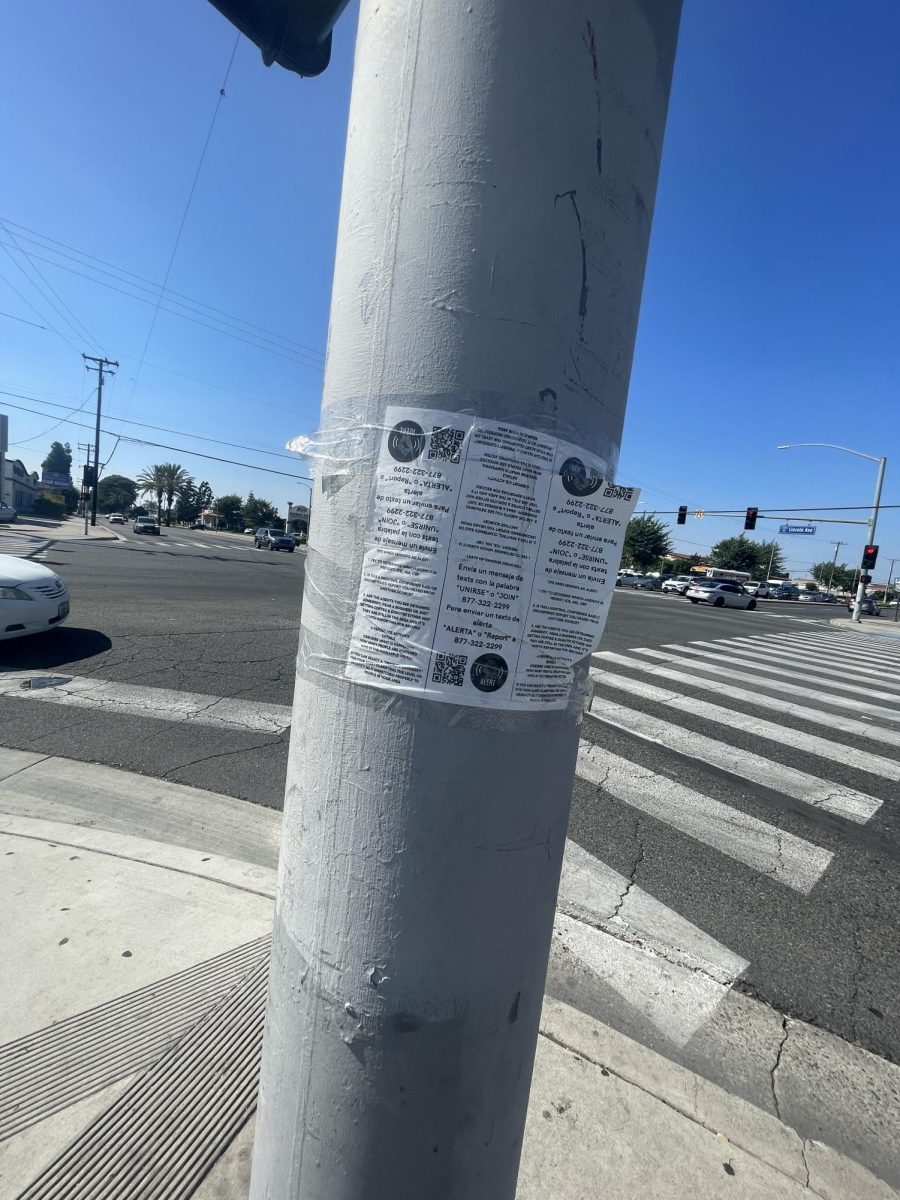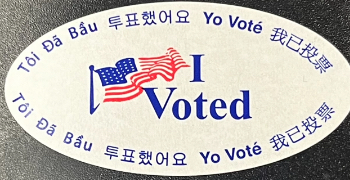 With less than a month until Election Day, many voters feel negatively about the 2024 presidential campaign. According to pewresearch.org, 71% think the campaign is too negative, and 62% believe it isn’t focusing on important issues. Though, 68% find it interesting, and some voters, starting to feel a little more hopeful about the election and its focus on key topics.
With less than a month until Election Day, many voters feel negatively about the 2024 presidential campaign. According to pewresearch.org, 71% think the campaign is too negative, and 62% believe it isn’t focusing on important issues. Though, 68% find it interesting, and some voters, starting to feel a little more hopeful about the election and its focus on key topics.
Concerns about political violence are also rising, with two-thirds of voters saying it’s a serious problem. Most people doubt either candidate will accept defeat gracefully; 74% think Trump won’t concede if he loses, where only 27% believe Harris would. significantly, both sides agree that it’s important for the other candidate to concede, but there’s a big difference in how much they expect their own candidate to do so. As we get closer to the election, just 14% of voters feel sure and unsure about who will win.

Stephanie Payne, a junior in Cypress High School, is concerned that a Trump win in the 2024 election could lead to a reduction in rights, especially for women, and fears his plans are not clear that can be misleading to the public. She suggests voters to look past party biases and focus on what’s best for the country, evaluating that voting for a Democrat, even if their views don’t completely align, could help protect rights and economic stability. Payne believes Gen Z tends to be more liberal and will likely support candidates like Kamala Harris, who they see as promoting more equality. She worries that if Trump is re-elected, his 2025 agenda might lead to harmful changes in the education system. Expressing diverse issues like abortion and immigration, Payne emphasizes the need for productive discussions rather than debating between each candidate on what they are trying to explain. She sees social media as a tool to inform young voters and explains the ideal candidate should prioritize community well-being over personal gain. To improve voter awareness, where she emphasizes for better educational access.
Mr. Eastridge said the importance of the U.S. presidential elections by explaining how many positions are at stake. He said that not only is the President being elected, but all 435 members of the House of Representatives as well as 33 Senators. How these roles hold power, and the President will likely have the opportunity to appoint two Supreme Court justices, which can affect the country. Each election shapes the future of the U.S., affecting key institutions and the direction of the country.

Eastridge views elections as a reflection of values rather than just policy differences. He stresses that voters should think about their beliefs, such as honesty, equality, and freedom, and let those beliefs guide their choices. Instead of focusing solely on policy issues like tax rates, he argues that the election is about fundamental principles, and voters should vote based on what they value most. His comments suggest a deeper connection between voting and personal identity, emphasizing the moral and ethical dimensions of choosing a leader.
Eastridge discusses Plato’s concept of a “philosopher king,” Eastridge pointed out the idea of a wise, powerful ruler who would ideally lead. However, he acknowledges that such a person does not exist, which is why democracy, with its shared decision-making, is more necessary. He implies that while the current candidates may not be perfect, democracy allows for collective wisdom to guide decisions. This democratic process ensures that even without a perfect leader, the system can still function effectively, driven by the values of the people.

